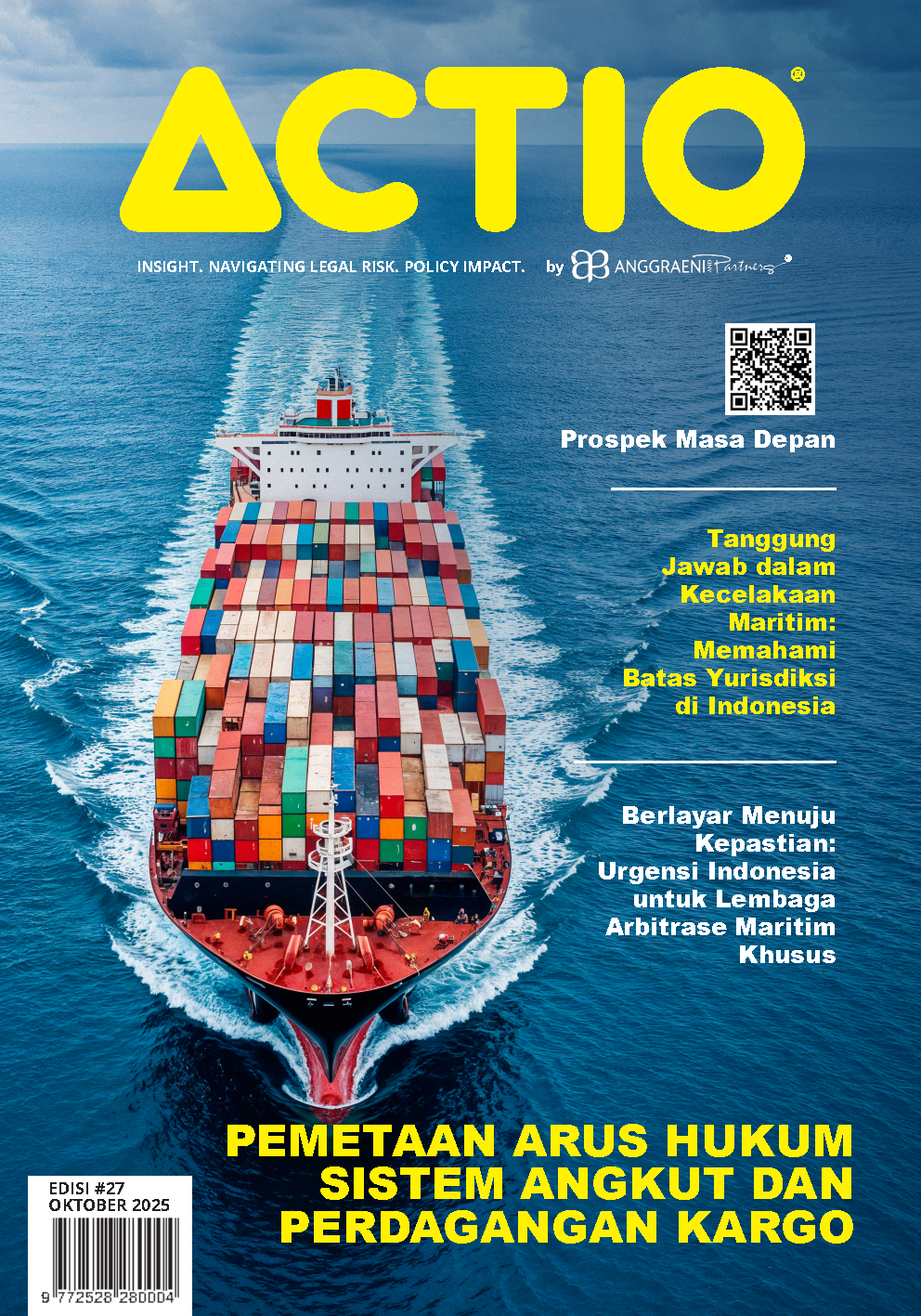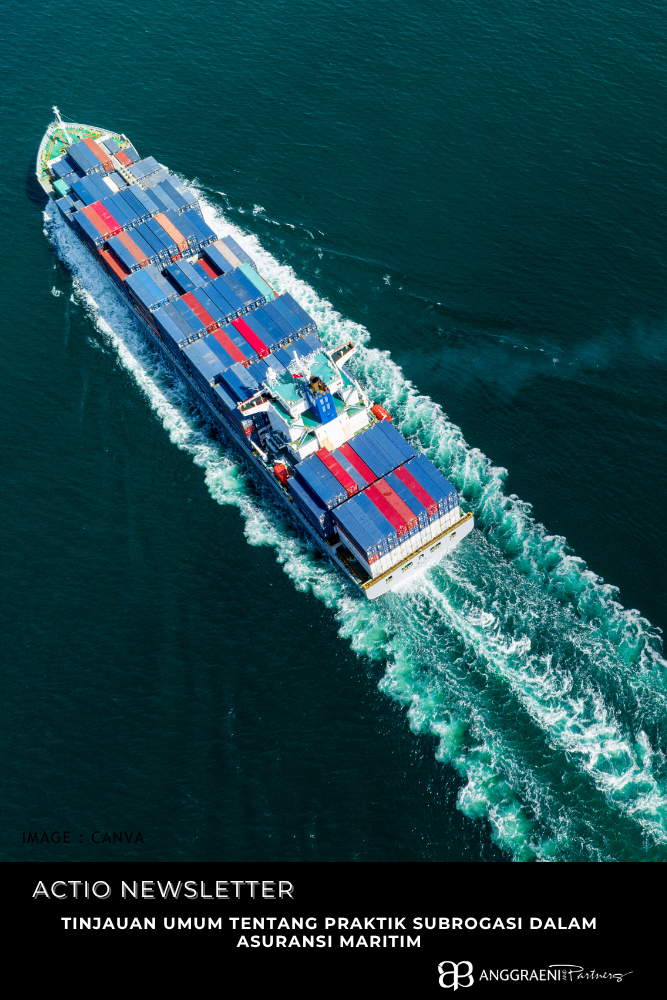An Overview of Criminal Prosecution Guidelines and Evidentiary Requirements in Indonesia
As legal practitioners in Indonesia, it is crucial to have a comprehensive understanding of the factors and standards that guide the criminal prosecution process. This article provides an overview of the key considerations for prosecuting authorities when determining criminal charges, as well as the evidential requirements for securing convictions.
Factors Influencing Charging Decisions The public prosecutor in Indonesia relies on established guidelines when determining the appropriate criminal charges against alleged perpetrators. As outlined in the Circular Letter of the Attorney General, the primary considerations include:
a. Aggravating Factors: If the aggravating circumstances surrounding the crime are more dominant, the prosecutor will typically seek the maximum punishment provided for in the relevant law.
b. Mitigating Factors: Conversely, if there are more mitigating factors present, the courts will take these into account when determining the appropriate charges and sentencing.
It is important to note that there is limited case law and a lack of the doctrine of stare decisis in the Indonesian legal system, leading to a degree of uncertainty and discretion in the prosecution’s decision-making process.
Evidential Standards for Conviction The evidentiary requirements for securing a criminal conviction in Indonesia are stipulated in Articles 183 and 184 of the Criminal Procedure Code. Specifically:
Article 183 states that a judge may not impose a penalty on a person unless they are convinced of the defendant’s guilt based on at least two valid forms of evidence.
Article 184 defines valid evidence as:
- Witness testimony
- Expert testimony
- Documents
- Circumstantial evidence
- The defendant’s own testimony
However, the judge is not solely bound by the available evidence but must also be convinced of the defendant’s guilt “beyond reasonable doubt” based on their own assessment.
Statute of Limitations The Indonesian legal framework also recognizes a statute of limitations for criminal matters, as outlined in the Criminal Code. The time limits for prosecuting an offense vary depending on the severity of the crime:
- Crimes punishable by fines or up to 3 years’ imprisonment: 6 years
- Crimes punishable by more than 3 years’ imprisonment: 12 years
- Crimes punishable by death or life imprisonment: 18 years
There are also specific provisions regarding the expiration of the authority to execute a criminal sentence, which generally exceeds the prosecution period by one-third.
Conclusion Understanding the nuanced guidelines and evidentiary standards that govern criminal prosecution in Indonesia is crucial for legal professionals navigating the country’s criminal justice system. By staying informed on these key aspects, law firms can provide clients with comprehensive and effective legal representation.
DISCLAIMER:
This disclaimer applies to the publication of articles by Anggraeni and Partners. By accessing or reading any articles published by Anggraeni and Partners, you acknowledge and agree to the terms of this disclaimer:
No Legal Advice: The articles published by Anggraeni and Partners are for informational purposes only and do not constitute legal advice. The information provided in the articles is not intended to create an attorney-client relationship between Anggraeni and Partners and the reader. The articles should not be relied upon as a substitute for seeking professional legal advice. For specific legal advice tailored to your individual circumstances, please consult a qualified attorney.
Accuracy and Completeness: Anggraeni and Partners strive to ensure the accuracy and completeness of the information presented in the articles. However, we do not warrant or guarantee the accuracy, currency, or completeness of the information. Laws and legal interpretations may vary, and the information in the articles may not be applicable to your jurisdiction or specific situation. Therefore, Anggraeni and Partners disclaim any liability for any errors or omissions in the articles.
No Endorsement: Any references or mentions of third-party organizations, products, services, or websites in the articles are for informational purposes only and do not constitute an endorsement or recommendation by Anggraeni and Partners. We do not assume responsibility for the accuracy, quality, or reliability of any third-party information or services mentioned in the articles.
No Liability: Anggraeni and Partners, its partners, attorneys, employees, or affiliates shall not be liable for any direct, indirect, incidental, consequential, or special damages arising out of or in connection with the use of the articles or reliance on any information contained therein. This includes but is not limited to, loss of data, loss of profits, or damages resulting from the use or inability to use the articles.
No Attorney-Client Relationship: Reading or accessing the articles does not establish an attorney-client relationship between Anggraeni and Partners and the reader. The information provided in the articles is general in nature and may not be applicable to your specific legal situation. Any communication with Anggraeni and Partners through the articles or any contact form on the website does not create an attorney-client relationship or establish confidentiality.
By accessing or reading the articles, you acknowledge that you have read, understood, and agreed to this disclaimer. If you do not agree with any part of this disclaimer, please refrain from accessing or reading the articles published by Anggraeni and Partners.
For further information, please contact:
P: 6221. 7278 7678, 72795001
H: +62 811 8800 427
Anggraeni and Partners, an Indonesian law practice with a worldwide vision, provides comprehensive legal solutions using forward-thinking strategies. We help clients manage legal risk and resolve disputes on admiralty and maritime law, complicated energy and commercial issues, arbitration and litigation, tortious claims handling, and cyber tech law
S.F. Anggraeni
Managing Partner
fitri@ap-IawsoIution.net
Yoga Adi Nugraha
Managing Associate Practice Group White Collar Crime and Investigation
yoga@ap-lawsolution.net
Aga Kristiana Silaen
Middle Associate
Nazaruddin Insyiroh
Trainee Associate
nazaruddin.ih@ap-lawsolution.net



